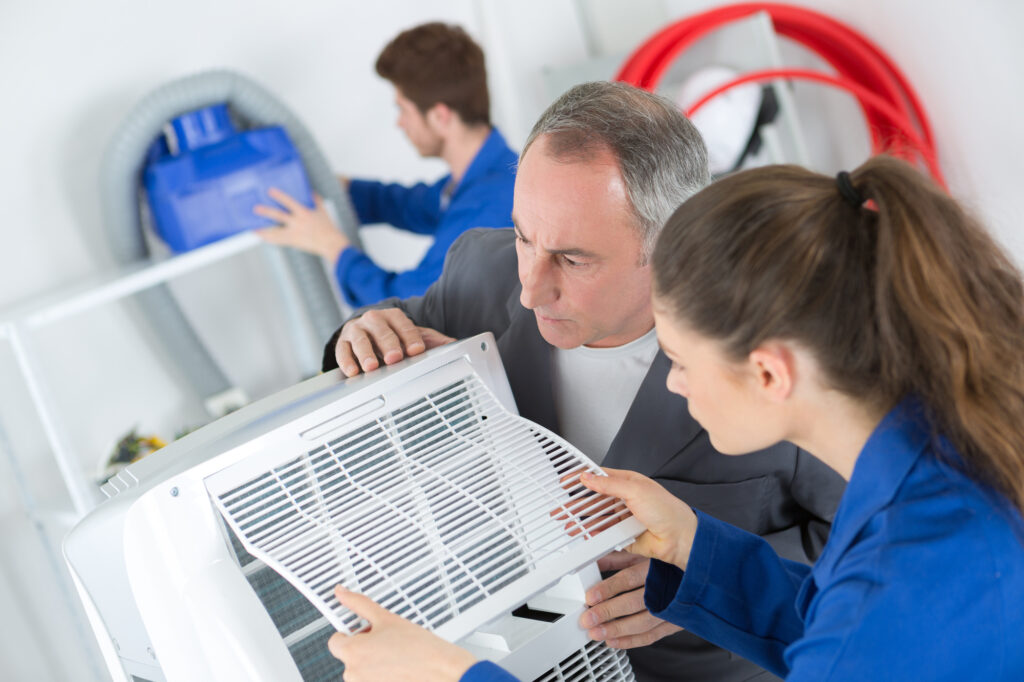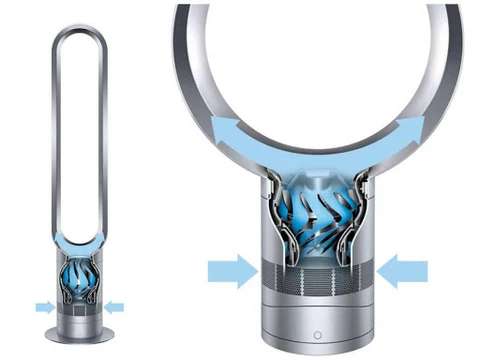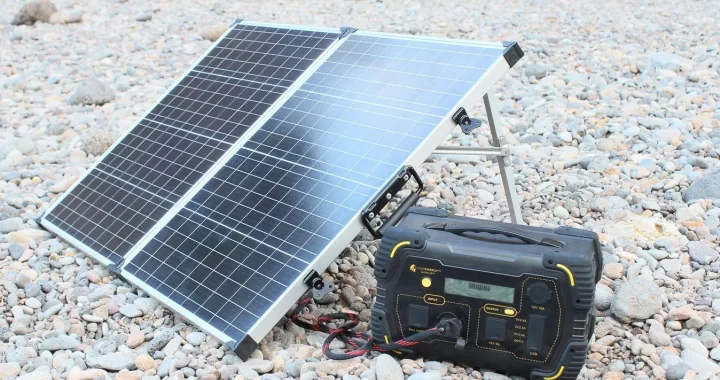How Often Should You Service Your Residential HVAC System?

air conditioning technician working on a unit
Are you wondering how often you should service your residential HVAC system?
The systems control the temperature and airflow throughout your home. They help you keep a comfortable temperature at home depending on the outside temperatures. A broken system can cause air contamination and inefficient performance.
Read on to learn the basics of servicing your HVAC system. Understand why it’s one of the essential household systems and how often you should service it.
What Is the Typical Residential HVAC System Service Period
HVAC system service period refers to the time needed to keep a home’s heating and cooling systems running efficiently. It is recommended that a homeowner have their system serviced bi-annually. This is in the spring and fall, which helps ensure that it is running at peak performance.
During the service, a technician will typically:
- inspect the system
- change the filters
- lubricate any moving parts
- check for wear and tear
They will also look for any potential issues and repair them if necessary. By scheduling regular service, any potential issues can be caught early on before they cause a major disruption.
Additionally, regular HVAC services can help to protect the components of the system and extend the life of your equipment. With regular servicing, homeowners can ensure that their home’s HVAC system will operate safely and efficiently for years to come.
Factors That Affect How Often a Residential HVAC System is Needed
It is recommended to have your residential HVAC system serviced at least twice a year, ideally before the start of the heating or cooling season. The frequency of HVAC service can vary depending on several factors, including:
Age of the System
The age of a residential HVAC system is a major factor when determining how often it is needed. When the system is new, the homeowner is likely to notice a decrease in energy consumption due to modern, energy-efficient components. As the system ages, however, these components can become worn and require more frequent maintenance
This means increasing the need for the system on a regular basis. Older systems not only require more energy to keep the home comfortable. However, their components may also have a lower efficiency. This may cause them to use more energy than newer systems.
Ultimately, the age of a residential HVAC system determines how often it needs to be used, and older systems require more frequent maintenance and use more energy than their newer counterparts.
Type of System
The type of residential HVAC system needed will have a direct effect on how often it is required to run. Traditional forced-air systems require more frequent use. This is because they use more energy and pump cooled or heated air through the house.
Heat pumps, however, are more efficient and require much less frequent use. This is because they transfer existing heat from one place to another rather than burning energy to create new heat or cold air. Additionally, larger systems or systems with large air handlers can heat or cool large areas more efficiently, thus reducing the amount of time it is needed to run.
The size of the home is also a factor, as larger homes typically require larger systems and thus use more energy and run more often. Finally, the climate and weather conditions of the area you live in will also determine the frequency of use, as houses in colder climates will require heating more often.
Usage
The frequency of residential HVAC system usage depends on several factors. The climate of the area, the age of the system, and the season can all affect how often the system is needed. For example, in colder climates, a residential HVAC system might need to be used more often than in warmer climates.
During certain times of the year, such as in the summer months when temperatures are often hot, a residential HVAC system may need to be used more frequently. Other factors such as the efficiency of the system, insulation, and window treatments can also affect the frequency of its usage. It is important to consider all of these factors when determining how often to use a residential HVAC system.
Location
Location plays a key role in determining how often a residential HVAC system is needed. Different climates and neighborhoods require either more or less cooling and heating depending on the season. Areas with moderate climates and climates that require a balance of heating and cooling are less likely to require a residential HVAC system as often.
Additionally, certain locations will hold more heat or cold like a city surrounded by land or a rural area with forests. It’s important to consider if a house has sun exposure and how much. This can dictate how much energy it will need to keep up with a desired temperature.
Furthermore, yard and landscape design also dictate how much energy is used to maintain comfortable temperatures as foliage blocks and absorbs sunlight. All of these combined factors can make the difference between needing a residential HVAC system less or more often depending on the location.
Manufacturer Recommendations
Manufacturer recommendations are one of the most important factors that affect how often a residential HVAC system is needed. HVAC systems require regular maintenance. This is to keep optimal operational performance. Manufacturers usually provide specific instructions.
They specify how often an HVAC unit must be serviced and how long the parts should last. Depending on the type of system, these suggestions may vary. Additionally, today’s HVAC systems often include a timer that allows homeowners to program their units according to the manufacturer’s guidelines.
Knowing your manufacturer’s recommendations for your particular system helps you ensure that your HVAC unit is running in top condition for maximum energy efficiency and cost savings.
Keep Your Residential HVAC System Maintained
Your residential HVAC system will require regular maintenance to function properly and at optimal levels. Keep your system running efficiently and smoothly. Contact an HVAC professional today to schedule maintenance.
For more topics aside from a regular residential HVAC service and HVAC repairs, visit our blog page.

 Best Image Editors for Your Mac in 2024
Best Image Editors for Your Mac in 2024  Best 5 AI-powered Voice Changer Tools for Creative Production
Best 5 AI-powered Voice Changer Tools for Creative Production  The Ultimate Guide to Bladeless Fans: Revolutionizing Air Circulation
The Ultimate Guide to Bladeless Fans: Revolutionizing Air Circulation  A Comprehensive Review of the HONOR Magic 6 Pro
A Comprehensive Review of the HONOR Magic 6 Pro  Why You Need a Portable Solar Panel
Why You Need a Portable Solar Panel  What Does a FileMaker Developer Do?
What Does a FileMaker Developer Do?  The Art and Importance of Designing Safe and Effective Horse Jump Standards
The Art and Importance of Designing Safe and Effective Horse Jump Standards  The Art of Compromise: Resolving Family Disputes Amicably
The Art of Compromise: Resolving Family Disputes Amicably  The Benefits and Challenges of Sustainable Roofing for Commercial Buildings
The Benefits and Challenges of Sustainable Roofing for Commercial Buildings  Transforming Your Home with Terrazzo Flooring: A Timeless Choice for Elegance and Durability
Transforming Your Home with Terrazzo Flooring: A Timeless Choice for Elegance and Durability